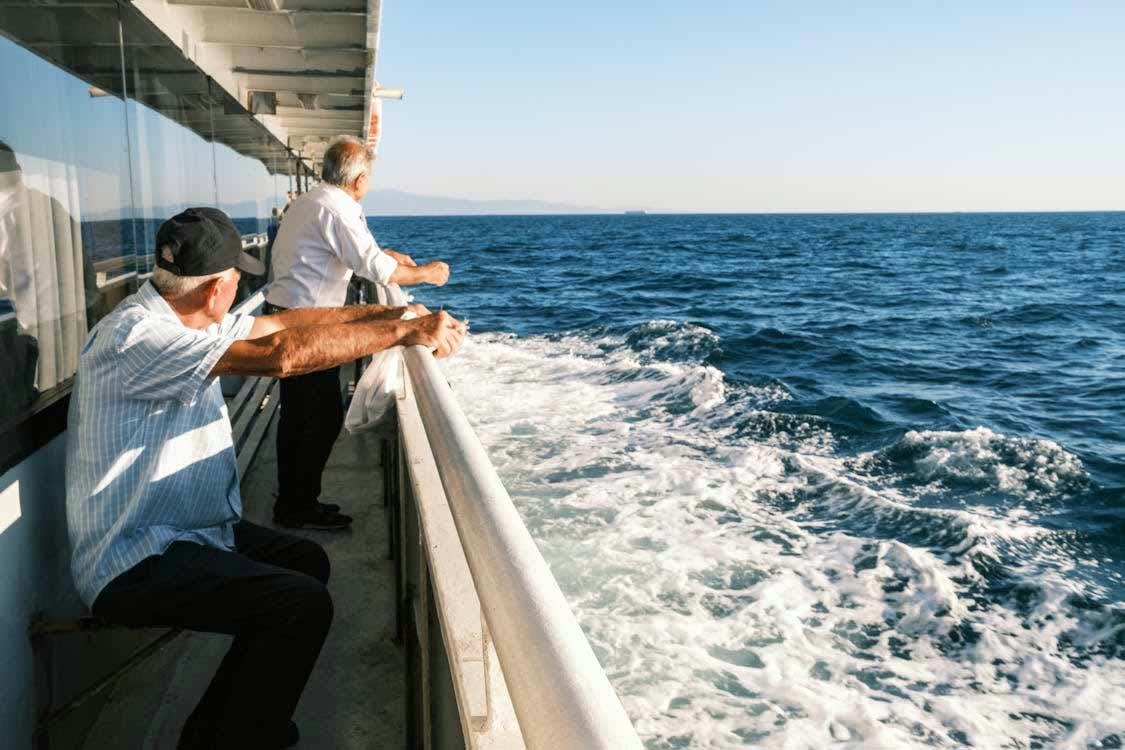For decades, Kiwis picture retirement at the age of 65, with a gold watch in hand and NZ Super kicking in. Today, a growing movement aims to bring that milestone forward by 10, 20 or even 30 years. Known as Financial Independence, Retire Early (FIRE), the philosophy swaps short-term spending for long-term freedom, which invites New Zealanders to define work as a choice instead of a necessity.
This guide walks through FIRE’s core concepts, the numbers behind it, and how it can be implemented for Kiwis. Treat it as a primer. Your own journey in early retirement planning will be shaped by income, expenses, values, and tolerance for risk.
What Does Financial Independence Mean?
Financial independence (FI) is reached once passive income from investments reliably covers everyday living costs. Passive income may flow from:
- KiwiSaver (accessible at 65 so plan around the gap)
- Managed funds or ETFs
- Rental properties or commercial real estate
- Dividends from private business ownership
When annual investment returns meet or exceed annual expenses, paid employment becomes optional.
“RE”: Retiring Early on Your Terms
Early retirement looks different for every Kiwi:
| Approach | Typical Lifestyle | Savings Target (Rule of Thumb) |
|---|---|---|
| Traditional FIRE | Comfortable, modest travel, hobbies | 25 × annual expenses |
| Lean FIRE | Minimalist, low-cost location, limited luxuries | 25 × lean expenses |
| Fat FIRE | Higher spending, frequent travel, premium healthcare | 30 to 35 × annual expenses |
Most followers continue part-time work, passion projects, or volunteering. The real goal is control over time, not lifelong idleness.
Key Principles for Kiwi FIRE Seekers
Maximise the Gap
Income – Expenses = Investable Surplus. Grow the gap by:
- Upskilling for promotions or higher-paid sectors
- Launching side hustles or consulting
- Trimming invisible leaks (unused subscriptions, high-fee accounts)
Save and Invest Intentionally
- Automate transfers to investment accounts on payday.
- Favour low-cost diversified index funds for core holdings.
- Use KiwiSaver aggressively if you are under 65, but layer non-KiwiSaver funds for flexibility.
Embrace Compounding
A $500 monthly contribution earning 8% per year becomes approximately $925,000 in 30 years. Start early, stay consistent.
Track, Review, Adjust
Quarterly check-ins keep spending honest and asset allocation on track.
Pros & Potential Pitfalls
Benefits
- Freedom of choice: Work becomes optional, not compulsory.
- Emergency resilience: A large portfolio cushions against job loss or illness.
- Values-based living: Spend time on family, community, or creative pursuits.
Trade-offs
- Delayed gratification: Holidays, cars, and renovations may need to wait.
- Market risk: Early retirees face longer exposure to volatility; diversification is critical.
- Lifestyle design: Too much leisure without purpose can harm wellbeing; plan non-financial goals as carefully as the numbers.
Common Myths Busted
| Myth | Reality |
|---|---|
| “FIRE is only for big earners.” | Savings rate matters more than salary. Even on $60k, a 30% savings rate can compound powerfully. |
| “You must live on instant noodles.” | Intentional spending still leaves room for joy. Cut costs that add little value; keep the ones that do. |
| “Markets always return 10 %.” | Historical averages guide planning, yet cycles vary. Stress-test your plan with lower-return scenarios. |
Is FIRE Right for You?
Ask yourself:
- Do I value time freedom above consumer luxuries?
- Am I ready to track spending and invest consistently for a decade or more?
- Could I handle a market downturn without panic-selling?
If the answers lean to a yes, a FIRE framework may fit. If not, selective elements (higher savings rate, diversified investments) still improve financial security.
Frequently Asked Kiwi Questions: “FIRE”
How much do I need to retire at 45?
Multiply desired annual spending by 25-30, then add a buffer for health costs and inflation.
Can a family of five pursue FIRE?
Yes. Bulk buying and shared expenses can lower costs per person. Plan for education and larger emergency funds.
What about my mortgage?
You can aim for FI with a mortgage, yet aggressive debt reduction often speeds progress and reduces risk.
Does FIRE mean never working again?
Not necessarily. Many reach financial independence and then choose flexible, fulfilling work because they enjoy the challenge or social connection.
Next Steps: Building Your Roadmap
- Calculate your “FIRE number”. Tally annual expenses, then multiply by 25.
- Audit current finances. Capture income, debts, and assets.
- Set a target savings rate. Start with an achievable stretch goal, perhaps 20% of net pay, then increase it annually.
- Pick appropriate investment vehicles. For guidance on KiwiSaver settings, managed funds, or direct shares, consider professional advice.
- Review progress every six months.
Need Personalised Help?
Earnslaw Goodlight specialises in bespoke wealth strategies for New Zealanders pursuing financial freedom. Our advisors can:
- Stress-test your plan against market shocks
- Optimise KiwiSaver fund selection and contribution levels
- Design tax-efficient portfolios that align with your risk comfort
Book a complimentary discovery call on 0800 827 827 or email info@earnslawgoodlight.co.nz to start your journey.
Key Takeaways: Is FIRE For You?
FIRE is less a sprint to quit work and more a marathon of mindful financial decisions. By saving purposefully, investing wisely, and designing a life that prioritises time over things, Kiwis can step off the treadmill sooner and live life on their own terms.
